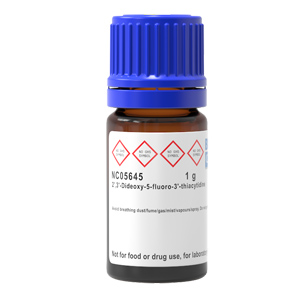Reagents:
Molecular Biology
Biochemistry
Cell Biology
ELISA / Diagnostic Kits
Antibody
Serum/Medium
Other Reagents
- Enzymes

| Request Information |
| Related News |
| Other Products |
| Related Products |
| Recently viewed products |



